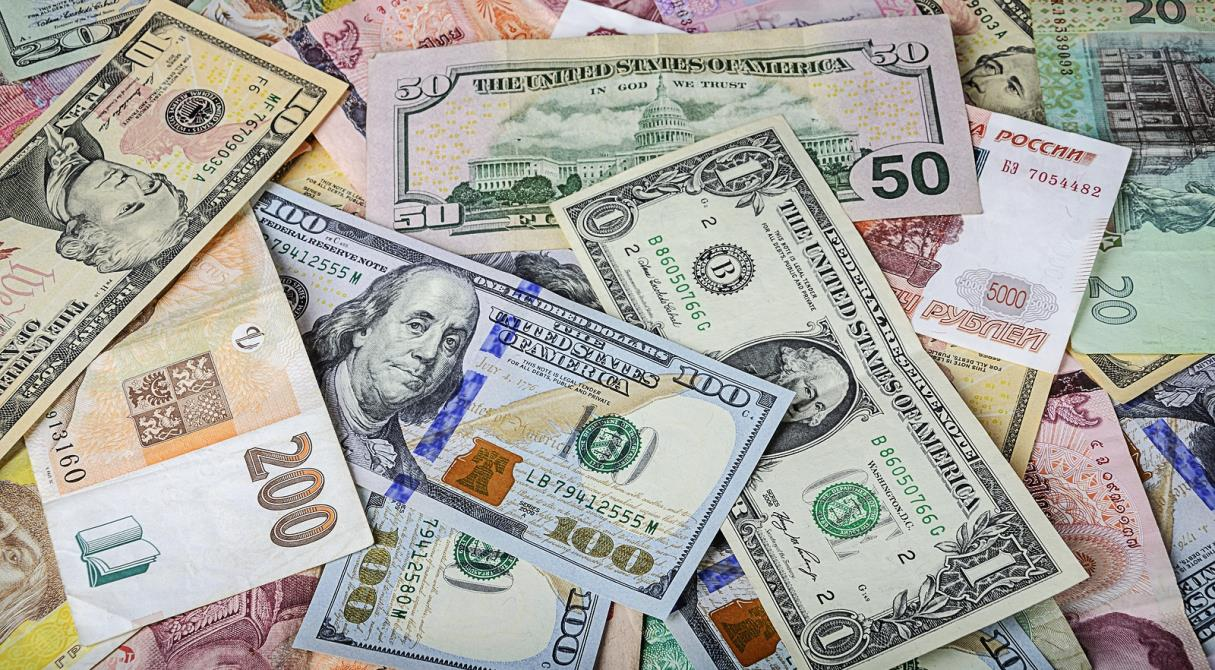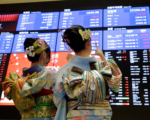Global Markets Steady Amid High Volatility in Currencies as US Election Approaches

Stocks remained stable on Tuesday, while currency market volatility surged in anticipation of the tightly contested U.S. election outcome. Overnight, implied volatility for euro/dollar options climbed to the highest levels since November 2016, alongside a similar spike for dollar-Mexican peso options. This increase reflects concerns that a Trump victory could renew protectionist policies, affecting economies like Mexico’s more severely than a Harris administration would.
European stocks saw modest declines, with the STOXX index down 0.2%. Meanwhile, MSCI’s Asia-Pacific index (excluding Japan) rose by 0.7%, as global stock markets braced for potential fluctuations once U.S. markets open on Wednesday. Currency markets, which operate around the clock, showed more movement. The U.S. dollar traded at 152.46 yen and $1.0879 per euro, but market sentiment remains divided, as analysts continue to weigh the potential impacts of each candidate’s policies.
Analysts predict a Trump win could boost the dollar, while a Harris victory may lead to a mild decline. “They’ve priced what they think is price-able and that’s that,” noted Westpac strategist Imre Speizer. Bitcoin also surged 2.7% to around $68,884, with Trump perceived as more favorable to cryptocurrencies than Harris.
The election concludes a highly polarized campaign season, including the withdrawal of President Joe Biden in support of Kamala Harris and even assassination attempts targeting Trump. Market focus now rests on Trump’s trade policies and their possible inflationary impacts, particularly regarding U.S. exports, with expected reactions in the bond and currency markets.
According to analysts at J.P. Morgan, “Ultimately, the U.S. election comes down to this — whether the U.S. electorate wants to vote for economic policy continuity, institutional stability, and liberal democracy (Harris) or radical trade policy, a further retreat for globalization, and strongman democracy (Trump). In short, a vote for stability or change.”
Global Markets on Edge
Concerns are mounting in China, which is vulnerable to potential tariff escalations. The yuan traded at 7.1083 per dollar, with high implied volatility against the dollar. Chinese stocks, however, surged to near one-month highs as investors anticipated Beijing’s approval of measures aimed at debt refinancing and local government spending. The CSI300 index rose 2.5%, and Hong Kong’s Hang Seng index gained 1.4%.
Meanwhile, the Reserve Bank of Australia held rates steady, as expected, and the Australian dollar showed only minor gains, trading at $0.6614. Citi currency strategists expressed a preference for selling dollar/yen and buying AUDUSD in a Harris victory scenario, while a Trump win would favor the U.S. dollar against the euro, SEK, and NOK.
In bond markets, the U.S. 10-year Treasury yield held steady at 4.32%, with expectations of a rate cut on Thursday. In Europe, German bond yields rose, with the 10-year yield at 2.41%, just below last week’s three-month high.
Oil prices also remained firm after producers delayed output increases, with Brent crude trading at $75.24 a barrel, following a 3% increase on Monday. As election results roll in after midnight GMT, key battleground states such as Georgia, Pennsylvania, and Arizona will be closely monitored. A clear result may take days, with Trump signaling intentions to contest any unfavorable outcome, as he did in 2020.





















